What is antioxidant good for?
What is antioxidant good for has a simple answer; every cell and organ in the body.
Oxidative damage to cells causes premature aging of our bodies making us vulnerable to virtually the whole gamut of diseases.
Free radicals cause the damage; they have lost an electron so they scavenge them back from normal cells in the body, injuring our organs in the process.
Oxidation is the process whereby molecules lose electrons during a reaction, so it is entirely normal and is happening constantly in the body. However if the free radicals thus formed are not immediately neutralised they will damage our cells as they go roaming about.
The linings of blood vessels are particularly vulnerable; first inflammation, then scarring and finally cholesterol deposition. It's called atherosclerosis.
This is where antioxidants have a role to play; they neutralise these free radicals so that they will not make us old and sick long before our time. Blood will continue to flow normally to the organs.
Quick guide
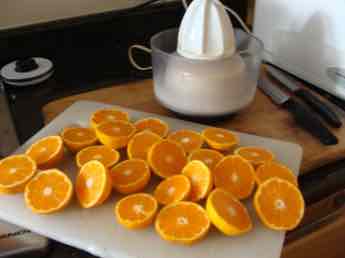
Three antioxidant vitamins
Three vitamins have powerful antioxidising properties.
- Vitamin C.
- Vitamin E.
- Beta-carotene which is the precursor of vitamin A.
Vitamin C and beta-carotene are readily available in many coloured foods; because they are water soluble an excess is secreted in the urine. We must consume them daily for protection against these scavenging and damaging free radicals.
Antioxidant Vitamin E
Vitamin E is another story. The chief source is from seeds such as wheat and sunflower but once they are processed the nutrient is usually extracted or neutralised.
It is for example almost impossible to find bread in a supermarket that is not made from refined flour; the germ which is where most of the vitamin E is stored has been extracted.
And researchers have found that once solvent-extracted at high temperatures, sunflower oil has almost no vitamin E left.
To complicate matters further there are eight isomers of vitamin E, only two of which have been researched. They have quite different properties and are not found in the same foods; they are alpha and gamma-tocopherol. Little is known about the other six.
Vitamin E as Gamma-tocopherol
Gamma-tocopherol is the isomer of vitamin E that gives specific antioxidant protection to the prostate gland, mopping up free radicals; the alpha form does not have this ability.
Let's muddy the waters even further. In trying to answer the question what is antioxidant good for, we find that supplements usually have only the alpha-tocopherol form.
If the gamma isomer has to struggle against large amounts of alpha-tocopherol from a capsule, it is not well absorbed from the intestine giving diminished protection to the prostate; resulting in an actual increase in malignant tumours.
Whilst small amounts of vitamin E are to be found in olives, avocados and other vegetables, the best sources remain completely unrefined wheat and sunflower seeds; and some nuts.
Vitamin E as Alpha-tocopherol
The alpha tocopherol isomer of vitamin E, found in large amounts in the oil from completely unrefined wheat flour also acts as a natural anticoagulant. Renowned cardiologist Dr Wilfred Shute points out that prior to the ultra-processing of the grain, heart attacks were almost unknown.
Alpha-tocopherol protects our blood vessels from "reactive oxygen species" that attack the cells of the innermost lining known as the intima in its search for an electron; oxidation.
Antioxidants are not just good for us; we cannot enjoy normal healthy lives without them.
Atherosclerosis
The antioxidant property of vitamin E also gives protection to the
lining of arteries against atherosclerosis by mopping up free radicals.
Unfortunately high doses of vitamin E in supplements, particularly since it is usually only the anticoagulant alpha-isomer actually can raise the spectre of disease and bleeding.
Much has been written about vitamin E and you will find confusing and contradictory statements about it. We get ours from unprocessed sunflower seeds and bread made with 100% wholemeal flour. They contains all three streams; the germ, bran and endosperm.
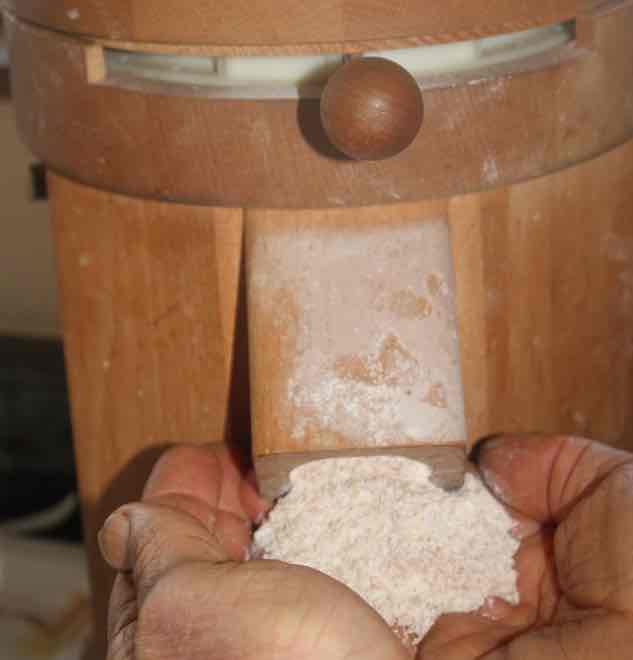
Antioxidant Vitamin C
The best sources of vitamin C are well known; citrus and peppers. Once again OJ from a carton has very little; there are no shortcuts alas. We must eat the whole fruit including the pulp or juice it without a strainer; or find ourselves unable to benefit from the protection that oranges, lemons and limes give.
What is antioxidant good for? Protection against a multitude of diseases but only when the citrus is unrefined and unprocessed. The rule of thumb is eat whole foods.
Antioxidant Vitamin A
What is antioxidant good for? The beta-carotene found in many orange fruits and vegetables such as butternut squash is a powerful bioactive phytochemical that helps mop up free radicals; it is the precursor of vitamin A.
These antioxidant compounds are found in what are today being called "functional foods;" those that promote wellness and help prevent disease.
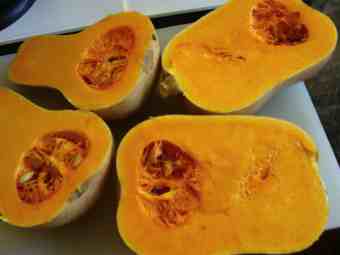
Butternut seeds are also a good source of vitamin E.
Antioxidant Phytonutrients
There are literally thousands of phytonutrients in our foods. Some 150 like beta-carotene have been studied in depth but really not much is known about the rest.
The structures of another 4000 or so have been established but the part that they play in human wellness is unknown; it is almost certainly profound but remains unresearched, speculative and unproven.
The more a food is processed the greater that the bioactive function is likely to be reduced or completely annulled; but there are exceptions. The lycopene in tomatoes, for example, has been proved to help in the prevention of prostate disease; this phytonutrient is actually enhanced by cooking.
There are alas no shortcuts when it comes to the protection given by antioxidants. It's clearly impossible to get even a small fraction of them from supplements; and the research is proving that they can be damaging when taken as pills.
The only sensible way forwards is to eat daily as many coloured foods as possible, even in small quantities like a sprig of parsley on scrambled eggs; and to seek out unrefined and minimally-processed grains, fruits and vegetables.
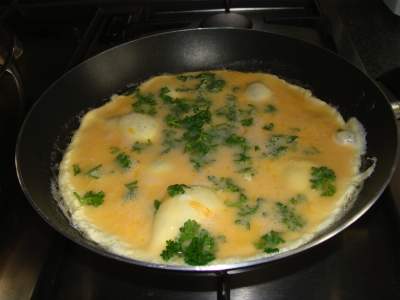 Parsley sprinkled on scrambled eggs is rich in apigenin
Parsley sprinkled on scrambled eggs is rich in apigeninAntioxidant Lycopenes
The lycopene is the antioxidant carotenoid found in tomatoes and watermelons, for example. It is particularly effective in scavenging the free radicals that cause malignant prostate tumours.
Time
The cry from most people is that they simply don't have the time to squeeze their own OJ and bake bread from wholemeal flour, for example. The alternative is spending a lot more days, weeks and energy consulting doctors and taking medication.
So how long does it actually take to squeeze your own orange juice?
Baking artisan bread for antioxidant protection
Everywhere you will read the recommendation to eat more whole grains; but they are very difficult to get and truth be told we have often grown to dislike their texture. They have to be chewed. Commercial bread is one example; it is ultra-refined, fattening and devoid of these bioactive phytonutrients.
However once you are set up, it takes literally no more than five minutes to mill the wheat and prepare the ingredients for the bread machine. I am not exaggerating; I do it daily.
Then you have the best-tasting loaf in the whole world, rich in vitamin E and a very important bioactive phytonutrient called a lignan that is found only in the bran; it gives protection against nasty malignant breast and prostate tumours.
It is any coincidence that breast and prostate diseases like heart attacks have soared since the refining of our wheat? The lignans[2] in the bran and the alpha-tocopherol in the germ have been extracted; and sold to the pig farmer. We are fed the highly glycemic flour; inflammation, obesity and type 2 diabetes have become the order of the day.
What is antioxidant good for? The simple answer is everything; but get it naturally from your food and not as chemical additives.
Hummus
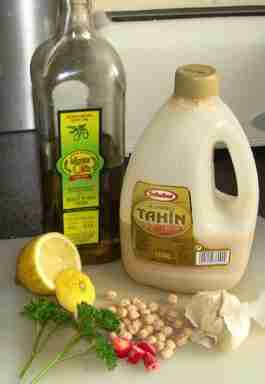
Hummus is another of the simple foods that you can make in just five minutes; it is rich in these bioactive nutrients that promote wellness and help prevent disease.
This authentic hummus recipe is a breeze; it has no preservatives so finish it within a few days.
Antioxidant Smoothies
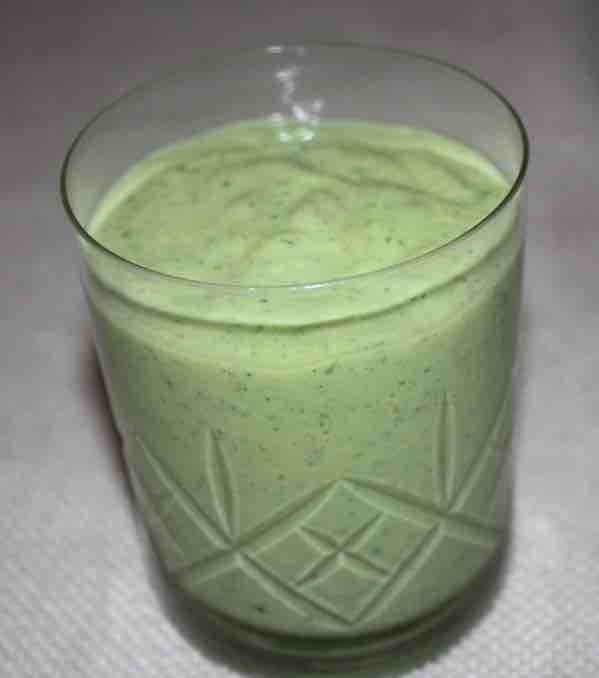
This nutritious green smoothie can also be made in just five minutes; it is another rich source of many antioxidants. Make it with kefir, a simple yet profound probiotic for extra benefit.
What is antioxidant good for and how long does it take to prepare these dishes? Most whole foods can be rustled up in a short time once you are in the groove.
Antioxidant L-dopa
L-dopa is another of these powerful antioxidants, even more effective than the alpha tocopherol in vitamin E. They have a "reducing" property which enables them to scavenge reactive oxygen species; they are both "amines."
L-dopa is highly protective of a special nucleus in the brainstem called the Substantia Nigra that is severely under attack in the modern environment; particularly by organic solvents and pesticides. Parkinson's Disease is the fastest growing neurodegenerative illness in the world.
Antioxidant broad beans
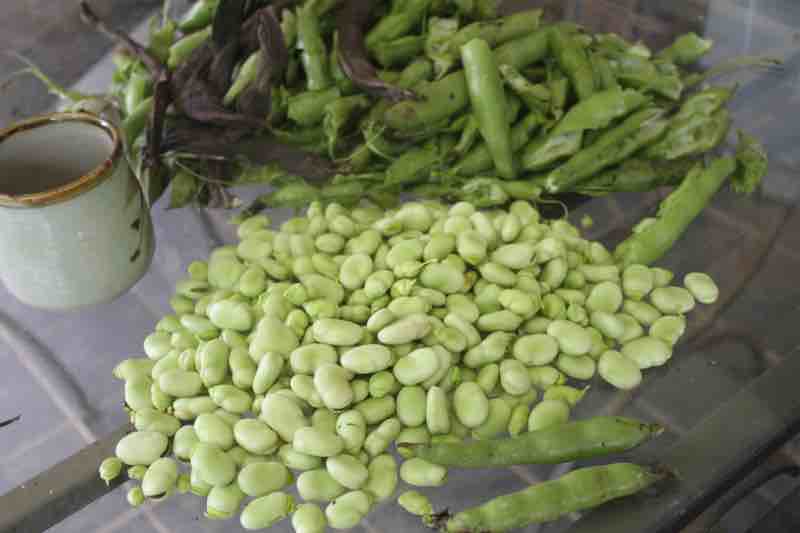 The only plant food with all the essential amino acids
The only plant food with all the essential amino acidsL-dopa is only found in significant amounts in broad beans, also known as favas.
I
have a serious tremor in my right hand, hence my interest; it is
completely controlled by the broad beans that I grow, freeze and eat daily. You
are unlikely to find them at the green grocer or in cans. You have to plant them yourself; extremely prolific, easy but fiddly.
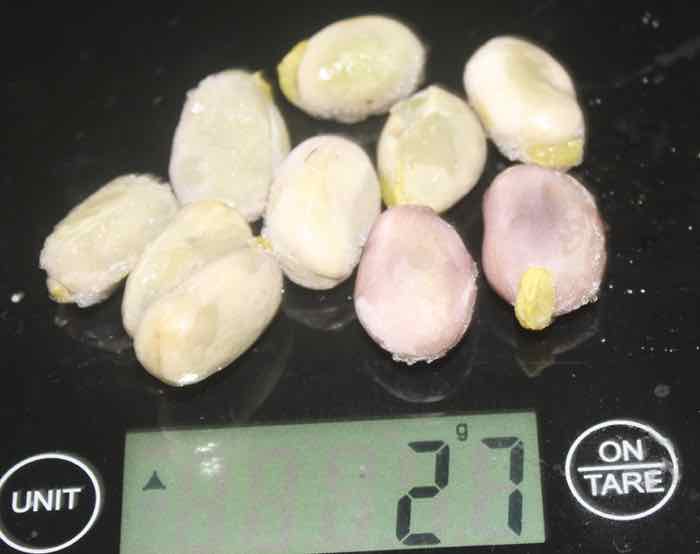 Just 10 broad beans a day to control a serious tremor
Just 10 broad beans a day to control a serious tremorAntioxidant New potatoes
Spuds have naturally high levels of antioxidant compounds; for example carotenoids, phenols and anthocyanins. Researchers from the University of Maine have found that smaller, newly-lifted new potatoes are richer in these important substances[3].
This is particularly true as they do not need to be peeled.
"There are between five and ten times more antioxidant compounds in the skin as in the flesh of potatoes; and a great source of fibre."
- University of Maine, Agriculture and Water Quality
This Traditional Swiss rösti recipe made with new potatoes is a treat; and very simple to cook.
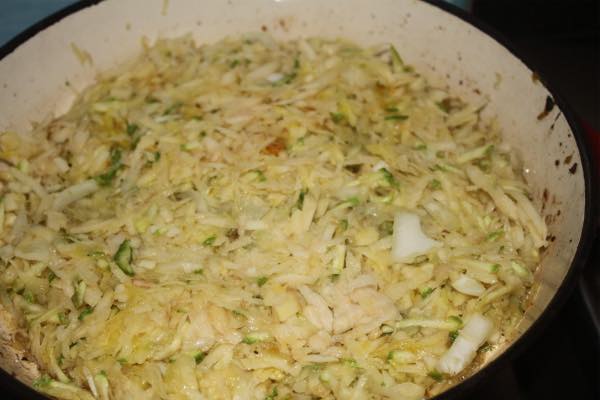 Traditional Swiss rösti recipe
Traditional Swiss rösti recipe"The younger the new potato, the higher the ratio of skin to tuber content; and the greater the total amount of antioxidant found."
- University of Maine, Agriculture and Water Quality
What is antioxidant good for?
What is antioxidant good for is a question many folk are asking; this is only the beginning of the benefits of these natural substances. The body of knowledge is being added to daily. Eat more coloured and unrefined foods from which these so-important nutrients have not been extracted. Avoid nosh that has been "enriched" with the synthetic forms.
From the journals
When browsing use right click and "Open Link in New Tab" or you may get a bad gateway signal.
The material expressed on this page is gleaned from the nutritional and environmental literature; it is clearly referenced. A plain distinction is made between the author's opinion and that which is scientifically proven. When in doubt consult your health professional.
To suggest a correction or clarification, write to Dr Bernard Preston here. Contact.
Newsletter
Our newsletter is entitled "create a cyan zone" at your home, preserving both yourself and Mother Earth for future generations; and the family too, of course. We promise not to spam you with daily emails promoting various products. You may get an occasional nudge to buy one of my books.
Here are the back issues.
- Lifestyle and ideal body weight
- What are ultra-processed foods?
- Investing in long-term health
- Diseases from plastic exposure
- Intensive lifestyle management for obesity has limited value
- A world largely devoid of Parkinson's Disease
- The impact of friendly bacteria in the tum on the prevention of cancer
- There's a hole in the bucket
- Everyone is talking about weight loss drugs
- Pull the sweet tooth
- If you suffer from heartburn plant a susu
- Refined maize meal and stunting
- Should agriculture and industry get priority for water and electricity?
- Nature is calling
- Mill your own flour
- Bake your own sourdough bread
- Microplastics from our water
- Alternative types of water storage
- Wear your clothes out
- Comfort foods
- Create a bee-friendly environment
- Go to bed slightly hungry
- Keep bees
- Blue zone folk are religious
- Reduce plastic waste
- Family is important
- What can go in compost?
- Grow broad beans for longevity
- Harvest and store sunshine
- Blue zone exercise
- Harvest and store your rainwater
- Create a cyan zone at your home
Did you find this page interesting? How about forwarding it to a friendly book or food junkie? Better still, a social media tick would help.
Address:
56 Groenekloof Rd,
Hilton, KZN
South Africa
Website:
https://www.bernard-preston.com